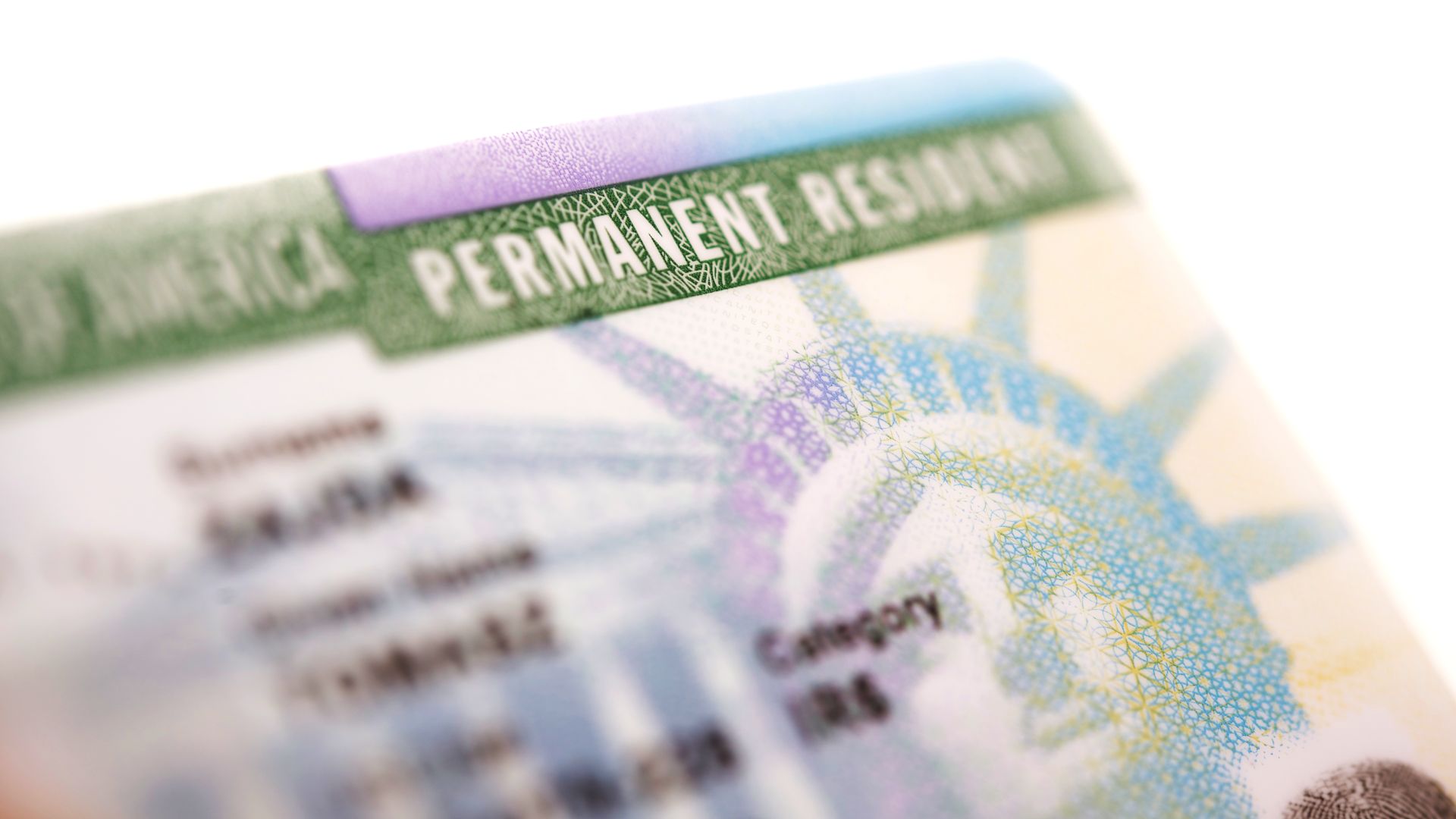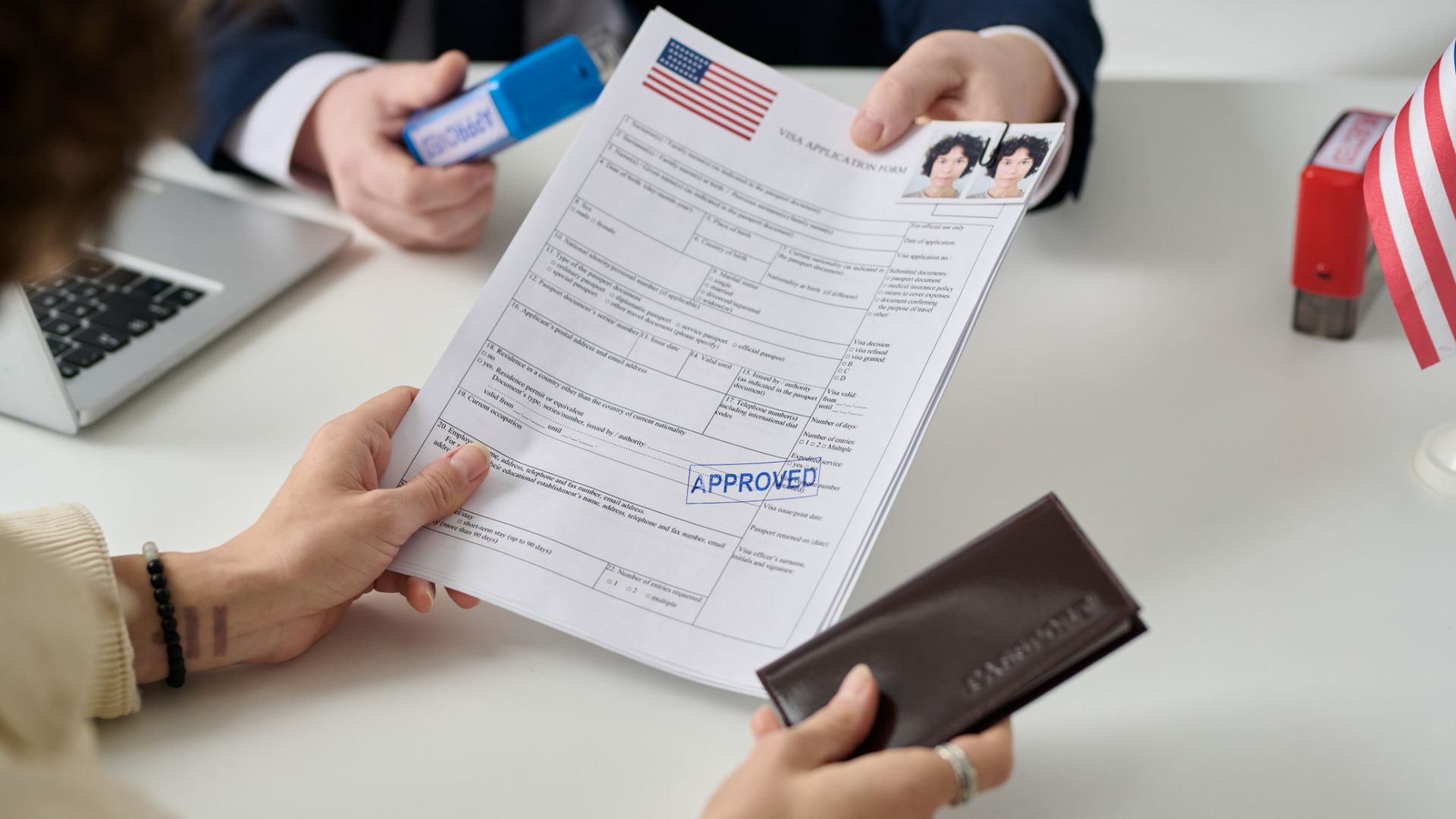For generations, the U.S. military has been a beacon of strength, unity, and sacrifice, attracting not just American citizens but immigrants from around the world. Thousands of non-citizens have served in the U.S. military, contributing their skills, courage, and dedication to defending the nation. For these immigrant veterans, navigating the complex U.S. immigration system after their service can be a daunting and challenging process. However, there are legal solutions available, and an immigration attorney can play a crucial role in helping veterans secure the benefits they deserve.
In this blog, we’ll explore the unique challenges immigrant veterans face, the immigration benefits they may qualify for, and how an immigration law firm can assist veterans and their families through the process.
The Role of Immigrants in the U.S. Military
Throughout U.S. history, immigrants have played an essential role in the military. As of recent estimates, more than 500,000 U.S. veterans are immigrants or children of immigrants. They have fought in every major conflict, from World War I to present-day operations in Iraq and Afghanistan. Some enlisted with the hope of earning U.S. citizenship—a benefit traditionally offered to non-citizens who serve honorably during wartime or peacetime.
Despite their sacrifices, many veterans encounter difficulties in securing legal status or citizenship after their service. Deportation, separation from family, and challenges in accessing benefits can add stress to an already complex transition to civilian life. Immigration help for veterans is crucial in addressing these issues and ensuring they have the security and stability they need.
Immigration Benefits for Veterans
Several immigration benefits are available to veterans and their families, including expedited naturalization, posthumous citizenship, and relief from deportation. Here are some key programs:
- Naturalization Through Military Service
Veterans who have served honorably in the U.S. armed forces may be eligible for expedited citizenship under special provisions in U.S. immigration law. This benefit applies to both wartime and peacetime service. For wartime veterans, there is no requirement for permanent residency (green card), and they can apply immediately. For those who served during peacetime, they need to have at least one year of honorable service, and residency requirements apply. - Posthumous Citizenship
If a service member dies while serving, their family members may apply for posthumous citizenship on their behalf. This grants the veteran U.S. citizenship after their death as a recognition of their service and sacrifice. - Parole in Place (PIP)
Parole in Place (PIP) is an immigration policy that allows certain undocumented family members of veterans and active-duty service members to remain in the U.S. without fear of deportation. It can also provide a pathway to lawful permanent residency. This program is particularly important for families who face the possibility of separation due to immigration issues. - Relief from Deportation
Unfortunately, many veterans have faced deportation after their service due to criminal convictions or unresolved immigration issues. Programs exist to help deported veterans return to the U.S. and fight for their right to stay. Certain legal paths can provide support and representation to veterans facing deportation or those already deported, ensuring their cases are reviewed with care and consideration. - Family Immigration Benefits
Veterans may also seek immigration benefits for their spouses, children, and other immediate family members. Programs like PIP and other humanitarian immigration options can protect the families of veterans from deportation and provide them with legal pathways to remain in the U.S.
Challenges Faced by Immigrant Veterans
Despite the benefits available, immigrant veterans still face significant challenges when navigating the immigration system. Common obstacles include:
- Complexity of the Immigration Process: Immigration laws can be difficult to understand, and many veterans do not have access to the legal support they need to successfully file applications for citizenship or residency. Misunderstanding deadlines, requirements, or changes in immigration policy can lead to delays, rejections, or deportation.
- Deportation of Veterans: In some cases, immigrant veterans have been deported despite their service. This often occurs due to criminal convictions or legal issues that arise after their military service. While some veterans have been deported to countries they barely know, others face long and complicated battles to return to the U.S.
- Lack of Awareness: Many immigrant veterans are unaware of the benefits they qualify for, including expedited citizenship or relief from deportation. This lack of awareness can result in missed opportunities and legal challenges that could have been avoided with proper guidance.
How an Immigration Attorney Can Help
The complexities of the U.S. immigration system can be overwhelming, especially for veterans who are transitioning to civilian life. Having an experienced immigration attorney on your side can make a significant difference in achieving a positive outcome. Here’s how an immigration law firm can assist veterans and their families:
- Personalized Legal Guidance
Every veteran’s immigration situation is unique. An immigration attorney will thoroughly review your case and determine the best legal path forward, whether you are seeking citizenship, permanent residency, or relief from deportation. Attorneys have the expertise to navigate the complicated legal landscape, ensuring that all paperwork is correctly filed and deadlines are met. - Assistance with Naturalization Applications
Veterans eligible for naturalization through military service can benefit greatly from legal assistance. Attorneys can help gather the necessary documentation, complete the required forms, and prepare veterans for the naturalization interview. This ensures that veterans receive the citizenship they earned through their service. - Advocacy for Deported Veterans
For veterans who have been deported, an immigration attorney can provide advocacy and representation to fight for their return to the U.S. Legal professionals understand the specific circumstances that apply to veterans and can present compelling cases to immigration courts, emphasizing the veteran’s service and dedication to the country. - Protection for Family Members
Veterans’ families often face their own set of immigration challenges. Attorneys can help family members of veterans apply for programs like Parole in Place or assist in navigating family-based immigration petitions. This protects families from separation and ensures that they have the legal support they need to remain together in the U.S. - Representation in Immigration Court
For veterans facing deportation or other legal challenges, having an experienced attorney can be a game-changer. Immigration lawyers can represent veterans in court, advocating for their right to remain in the U.S. based on their military service, humanitarian grounds, or other legal arguments. With skilled representation, veterans have a better chance of achieving favorable outcomes. - Posthumous Citizenship Applications
If a veteran has passed away, an attorney can help the family apply for posthumous citizenship on their behalf. This process can be emotional and complicated, but legal guidance ensures that the veteran’s service and sacrifice are properly honored.
Standing by Those Who’ve Served
Immigrant veterans have given so much to the United States, often with the hope that their service will lead to legal stability and recognition. While the road to citizenship and lawful status can be challenging, having the support of a knowledgeable immigration attorney can help veterans and their families overcome these challenges and secure the benefits they deserve.
If you are a veteran or a family member of a veteran facing immigration issues, don’t hesitate to seek legal help. Our immigration law firm is here to guide you through every step of the process, offering the expertise and dedication needed to ensure that you and your loved ones have the legal protection and recognition you’ve earned through service to our country. Let us help you secure your future in the nation you bravely defended.








